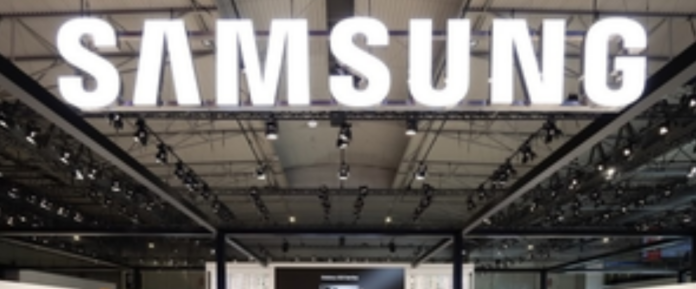Seoul– Samsung Electronics on Tuesday estimated its third-quarter (Q3) operating profit nearly tripled, but missed market expectations due to the lukewarm performance of its high-end memory chips used in artificial intelligence (AI) computing.
The world’s biggest maker of memory chips expected an operating profit of 9.1 trillion won ($6.8 billion) for the third quarter, up 274.5 per cent from a year earlier, Samsung Electronics said in a regulatory filing.
But operating profit retreated 12.8 per cent from three months earlier.
Revenue increased 17.2 per cent to a record 79 trillion won for the July-September period. The company did not disclose the data for net earnings in the guidance.
The operating profit was 11.7 per cent lower than the average estimate, according to a survey by Yonhap Infomax, the financial data firm of Yonhap News Agency.
Experts forecast that Samsung Electronics’ lower-than-expected earnings report is attributable to sluggish shipment of memory chips due to contracting sales of smartphones and personal computers.
The company’s slower performance in high-bandwidth memory business also weighed heavily on the third-quarter report.
Samsung Electronics’ latest eight- and 12-layer HBM3E chips are currently undergoing quality tests by U.S. AI chip giant Nvidia Corp.
Its Korean rival SK hynix, however, has already begun supplying its 12-layer HBM3E products to Nvidia.
“Commercialisation of our HBM3E to major customers has been delayed compared to expectations,” Samsung Electronics said in a statement. “Our device experience division performed better thanks to strong sales of flagship smartphones, and our display business improved to some extent due to new product launches.”
Samsung Electronics did not disclose a detailed earnings report of its business divisions, but the market forecast that the company’s semiconductor business earned around 5.3 trillion won in operating profit for the third quarter.
Its memory chip business is expected to log 6 trillion won in operating profit, offset by continued losses from its foundry business. (IANS)







